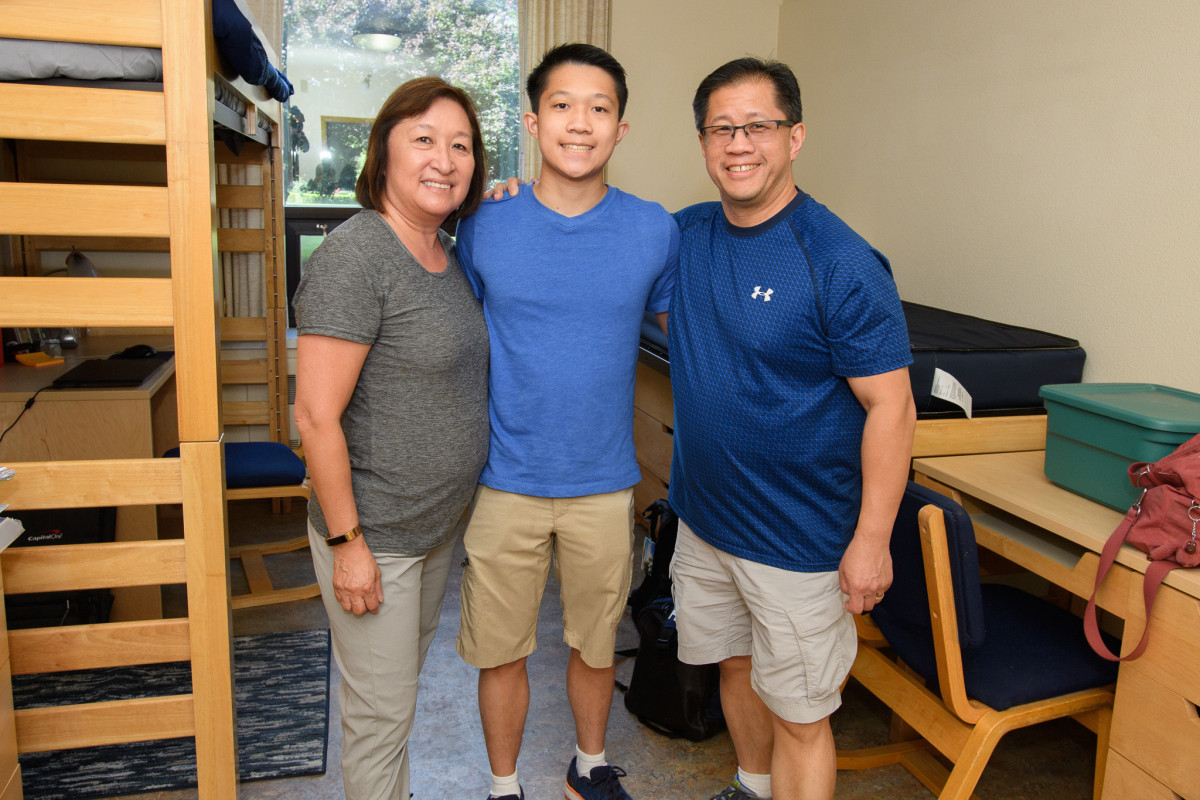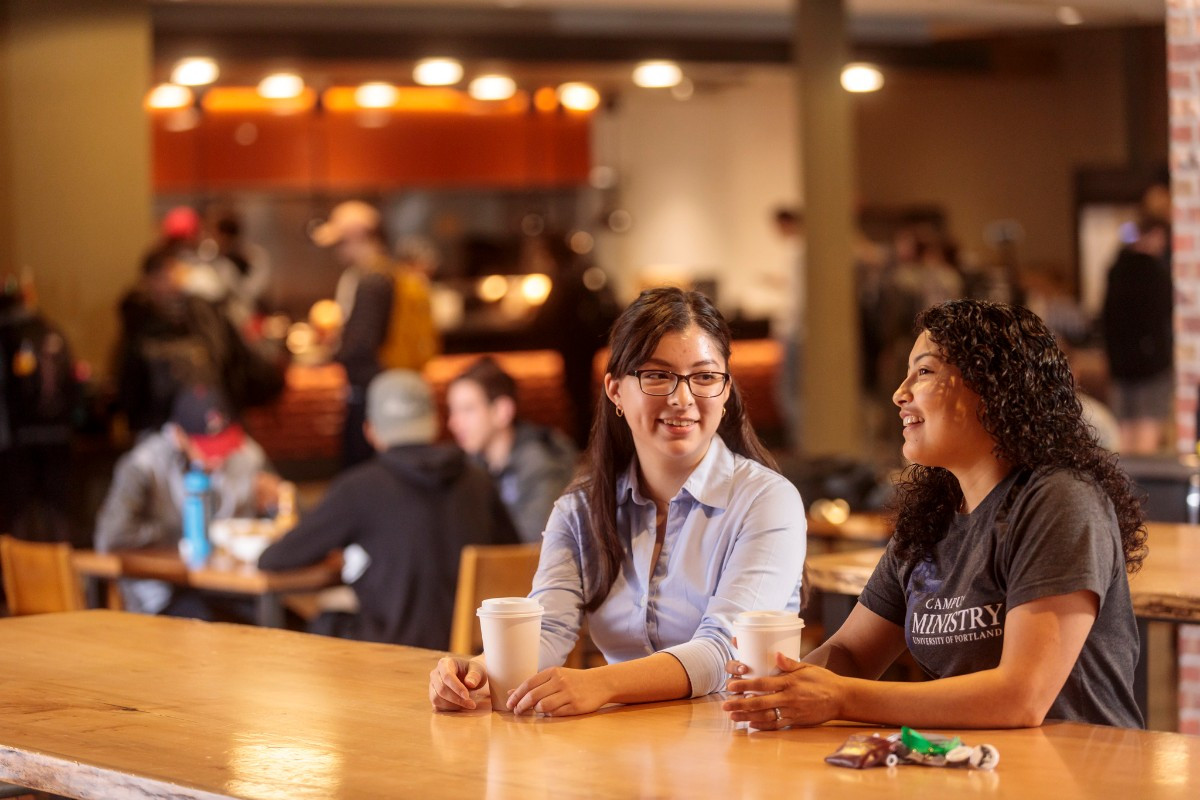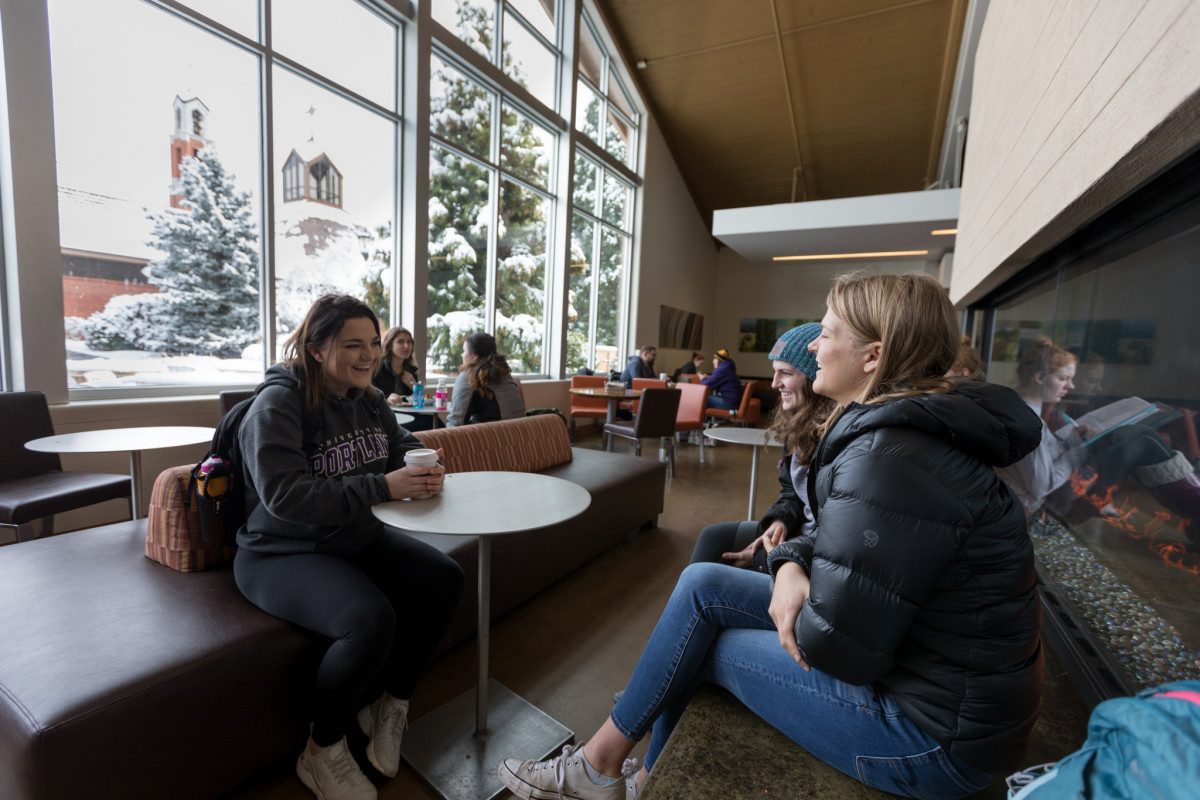Thanksgiving break is quickly approaching, which means your student may be headed home for the long weekend. Students will likely be tired, so you may notice a decrease in energy from earlier in the semester. They may be feeling frustrated about class registration, end of semester projects, and final exams. Whether you will see them in person for the Thanksgiving break or not, now is the perfect time to help pump them up and give them the familial support they need to finish the semester strong. Below are a few tips to help navigate the remaining weeks of this semester:
Encourage
Once your student returns from Thanksgiving break, they will only have one week until finals. Let them know that you’re proud of the growth and progress they have made so far in the semester. Support them in continuing to work hard–they can do this! Encourage them to build effective stress relief time into their schedule. (If you haven’t already, check out the Health and Counseling Center’s tips for self-care.)
 Send Some Love
Send Some Love
Our “Survival Kit” sale might be over, but we still encourage you to send some love of your own! Whether you craft your own letter, assemble a care package, or take advantage of one of our on-campus services, your student will appreciate the gesture. An encouraging text, email, or mailed letter from a loved one might provide the boost they need to power through that final project or late-night study session.
Hold Off on the Holidays
While you may have the urge to update your student on the holiday traditions you’re observing back home (and how much you wish they were there to join you), we encourage you to refrain from focusing on this as a conversation topic until they’re home for the semester break. Hearing about the fun that everyone is having without them may increase levels of homesickness or distract them from the hard tasks in front of them. Allow them to get through the stress of finals before diving into the “holiday cheer” mode.
 Connect to Resources
Connect to Resources
It never hurts to remind your student about the resources available to them on campus, including the services offered through the Learning Commons in Buckley Center 163. The Learning Commons can help students learn how to study more effectively, prepare for exams, practice language skills, receive math and writing tutoring, or improve memory strategies. Please encourage your students to visit http://www.up.edu/sarc to learn how to set up appointments or call 503-943-8002 to get any questions answered.
Other Finals Week Resources:
- Additional helpful tips from Collegiate Parent on how to help your student power through finals.
- UP Final Exam Schedule
- UP Library Hours for Dead Week and Exam Week
- Tips for preparing for and taking exams from the Shepard Academic Resource Center


 Encourage students to reach out to others.
Encourage students to reach out to others.
 Tyler Hale currently serves as
Tyler Hale currently serves as